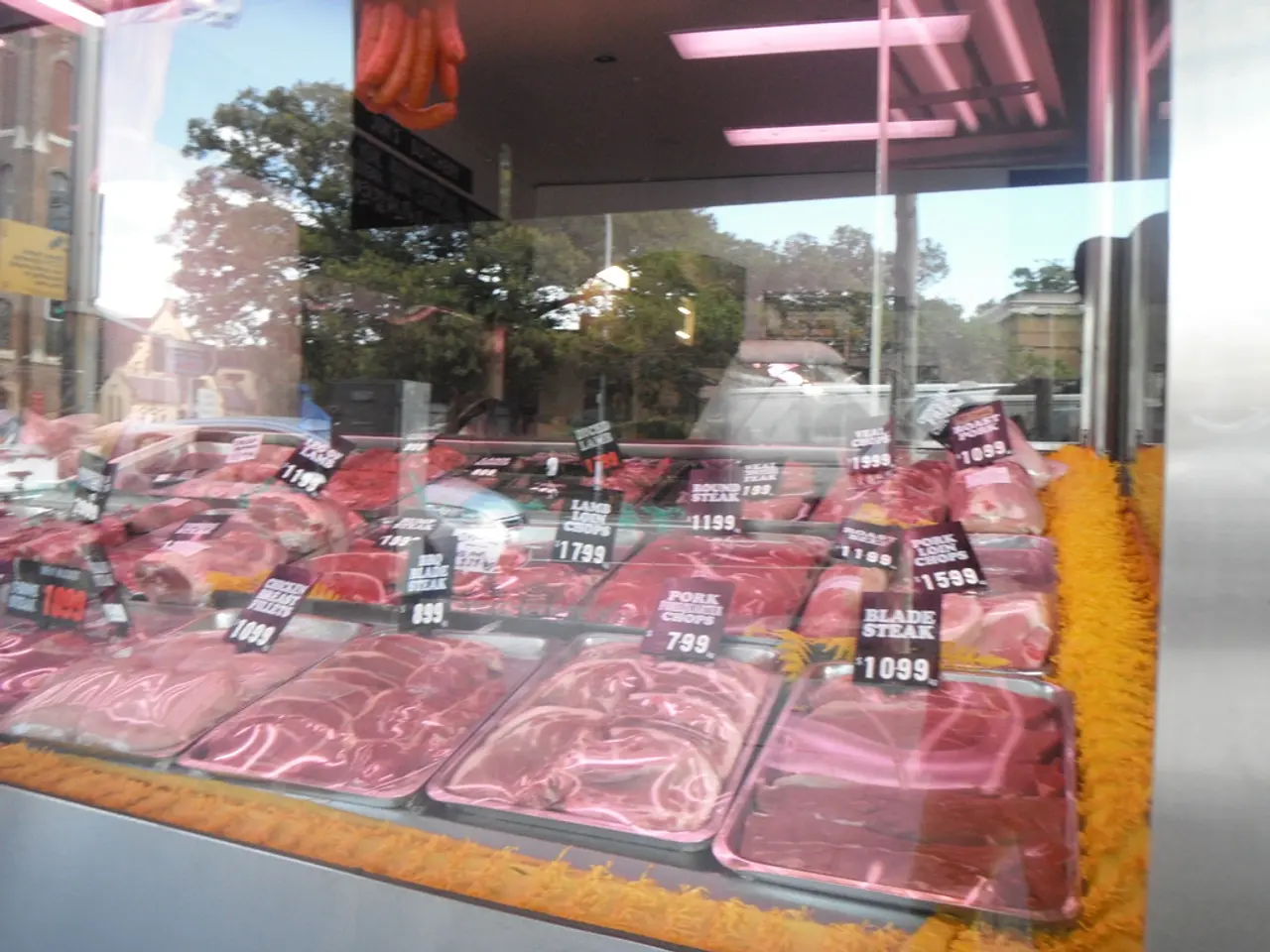Threat to Democracy Alerted by Mayor in Financial Context - Local democracy at risk due to financial threats, claims OB
In North Rhine-Westphalia (NRW), Germany, the financial stability of municipalities has become a pressing concern, with potential implications for the state and democracy. The mayor of Essen, Thomas Kufen (CDU), recently expressed his concerns on WDR5, emphasizing the importance of delivering on municipal services to maintain the functioning of the state.
According to a report by the Bertelsmann Foundation, municipalities in NRW recorded the highest deficit in their history last year, with only 16 of the 430 NRW municipalities having a balanced budget in 2024. This financial instability has raised concerns about the ability of municipalities to fulfill their tasks, with Kufen stating that if they cannot, democracy is gradually eroded.
Kufen, who is also the deputy chairman of the NRW Municipal Association, believes there needs to be a structure to put municipalities on a better financial footing. He views the financial instability as a threat to democracy, and if a project takes years to finance due to financial instability, the patience of the population is stretched thin.
To address this issue, efforts are being made to improve the financial stability of municipalities in NRW. These measures focus on debt management, ensuring balanced fiscal policy between the federal (Bund) and state (Länder) governments, and efficient use of resources in public sectors such as education and political training.
One key aspect is the management of NRW’s public debt, which stands at approximately €159.8 billion (as of mid-2025). About 85% of this debt is at fixed interest rates, with a long weighted average maturity of around 20 years, providing a stable and well-structured debt portfolio that contributes to financial stability for municipalities under NRW’s fiscal umbrella.
Coordination between the Bund and Länder is also crucial to maintain a fair balance and avoid excessive tax burdens. This indirectly supports municipal fiscal health by sustaining income sources and debt capacity at the state level.
The reform and reorganization within civic education institutions like the Friedrich Naumann Foundation (FNF) illustrate a wider trend in NRW towards more flexible, modern, and resource-efficient public service models. For example, closing the less cost-efficient Theodor Heuss Academy to concentrate resources on more effective political education programs helps optimize public expenditure while supporting democratic engagement.
Broader federal reforms aim to clarify responsibilities and reduce political deadlocks, although changes have been limited so far in fiscal decentralization and tax-sharing regimes. The status quo in tax revenue division between Bund and Länder remains, which affects municipal budgets dependent on state transfers.
In NRW’s real estate market, stable yield and cost to revenue ratios demonstrate a solid environment for municipal infrastructure financing through property-related revenues or investment returns, indirectly impacting financial stability and service delivery capacity.
In conclusion, measures in NRW to protect democracy and ensure efficient public services financially include prudent debt management, balanced intergovernmental fiscal relations, and optimization of public-sector structures and expenditures. These efforts seek to maintain municipal solvency, safeguard public service quality, and strengthen democratic institutions at the local level.
Vocational training programs could be integrated into the community policy to prepare citizens for various roles in sustaining businesses and maintaining democracy, as part of the efforts to improve the financial stability of municipalities in NRW. Financial stability in NRW is crucial, as the instability might affect democracy, with the general news reporting that only 16 municipalities had a balanced budget in 2024.




